Hindu philosophy is the law of Karma!
The history of Hinduism is often categorized into distinct periods of development:
Pre-Vedic Period
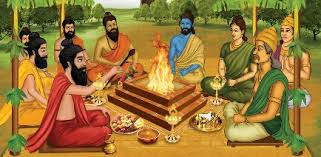
The earliest phase, known as the pre-Vedic period, includes the Indus Valley Civilization and various local pre-historic religions. The Indus Valley Civilization, flourishing between 2500 and 1500 BCE in present-day Pakistan, was a highly developed culture that extended from the eastern Himalayas to Gujarat and near the Iranian border. The civilization, with major cities like Mohenjo-Daro and Harappa, developed independently without influence from other contemporary civilizations such as Sumer or Egypt. Evidence suggests that early Hindu practices may have originated in this culture, which faded away by 1500 BCE.
Vedic Period
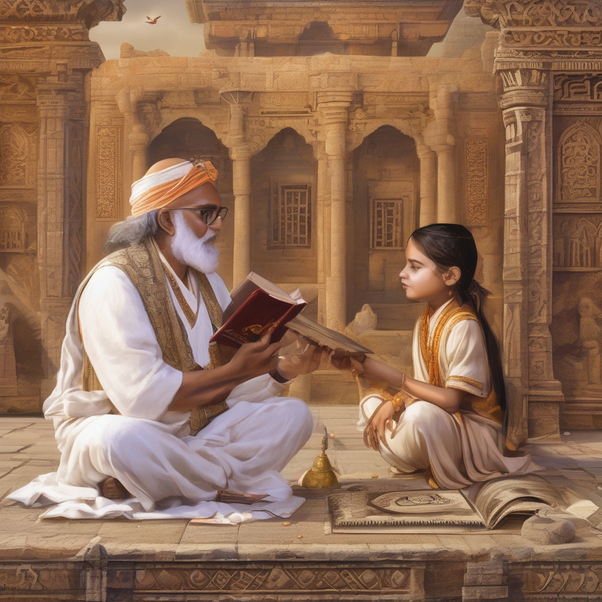
The Vedic period began with the arrival of Indo-Aryan migrants around 1900 to 1400 BCE, introducing the Vedic religion, which forms the basis of Hinduism. There are two main theories regarding this period: the Aryan migration thesis suggests that these migrants became the dominant cultural force in the region, while the cultural transformation thesis posits that the Aryan culture developed from the existing Indus Valley culture. By 1500–1200 BCE, the Rig Veda, one of Hinduism’s most important texts, was written. Around 800 BCE, the Upanishads were composed, introducing key concepts such as reincarnation and karma. During this time, Buddhism and Jainism also emerged, diverging from mainstream Hinduism.
Epic, Puranic, and Classical Age
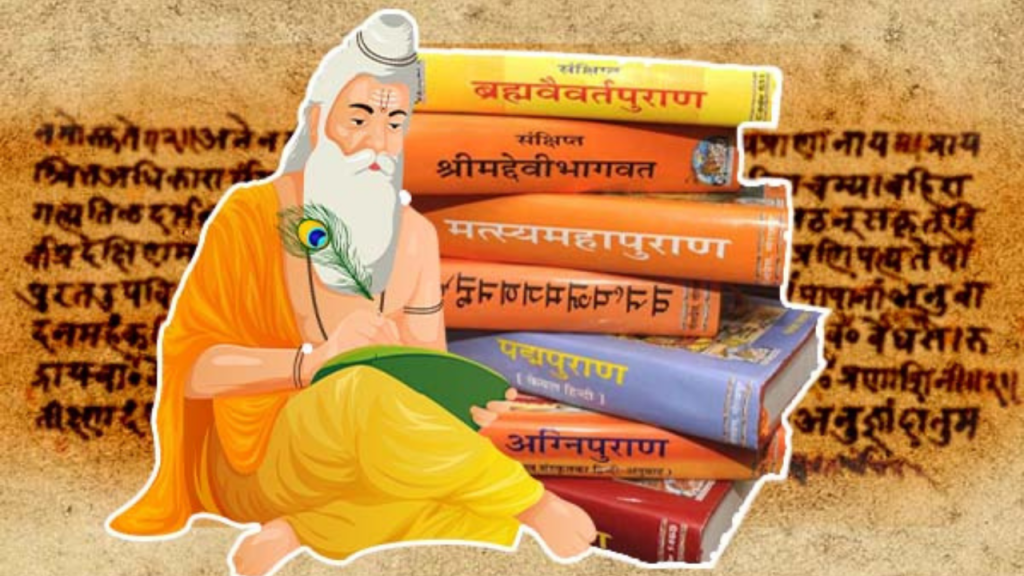
Beginning around 500 BCE, this era saw the creation of significant Hindu texts like the Epics and Puranas, which laid the foundation for devotional Hinduism, focusing on deities such as Shiva, Vishnu, and Devi. The period also witnessed the rise of the Gupta Empire (320–500 CE), which brought stability and allowed Hinduism to flourish and spread. The codification of Hindu laws around 200 CE and the return of Hinduism as the dominant religion of India during this era marked a “Hindu Renaissance.”
Medieval Period
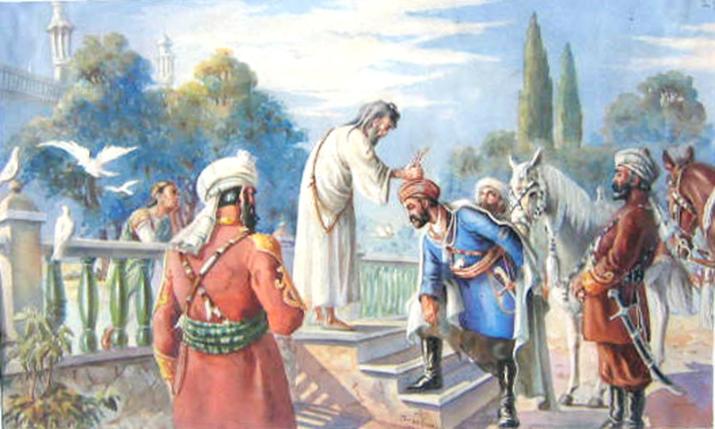
Following the fall of the Gupta Empire around 500 CE, Hinduism underwent significant transformations. The Bhakti movement (800–1000 CE) emphasized personal devotion to God and responded to the pressures of Islamic influence and internal societal challenges. Adi Shankaracharya, born in 788 CE, introduced monotheistic beliefs to Hinduism, and around the 7th century CE, Islam began to establish itself on the Indian subcontinent.
Pre-modern Period
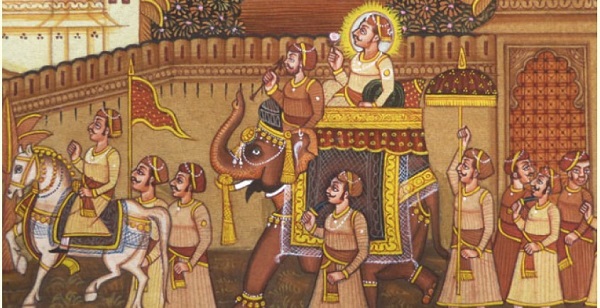
From 1400–1700 CE, European colonization and the arrival of Islam continued to influence Hinduism. The Hindu Renaissance began around 1600, bringing modern interpretations of sacred texts and social reform. During this time, Mughal emperors like Akbar attempted to reconcile Hindu and Muslim beliefs.
British Period
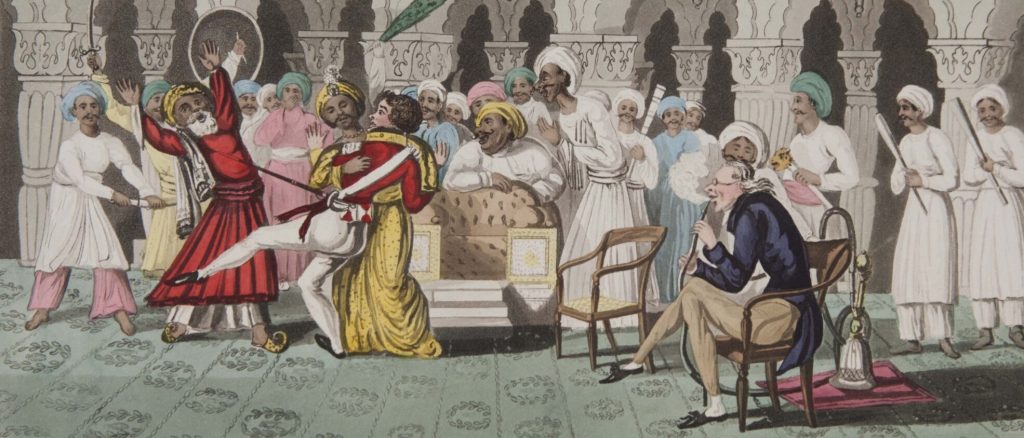
The British colonization of India, beginning with the Battle of Plassey in 1757, brought significant changes. While the British initially allowed Hindus to practice their religion, later missionary activities led to religious tensions. The era also saw the rise of influential Hindu figures like Ramakrishna Paramhansa and Swami Vivekananda, who played key roles in revitalizing Hinduism and introducing it to the West.
Post-Indian Independence—Modern Period

After India gained independence in 1947, Hinduism continued to evolve. The partition of India led to widespread violence and lasting impacts on the region. In the following decades, Hindu beliefs were codified into Indian law, and the Hindu diaspora established vibrant communities around the world. The modern period has seen increased recognition of LGBT rights and the role of women in Indian society, with Hinduism continuing to adapt to contemporary challenges while maintaining its ancient traditions.
Note from the Publisher:
The information provided on this site is intended for informational and educational purposes, and we strive to offer our viewers accurate and reliable content. Given the ancient and diverse nature of Hinduism, there may be variations in the interpretations and views presented by different authors. If you come across any conflicting information, please bring it to our attention, and we will make every effort to investigate and update the content as needed. Thank you for your understanding. Management.

